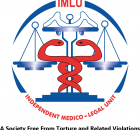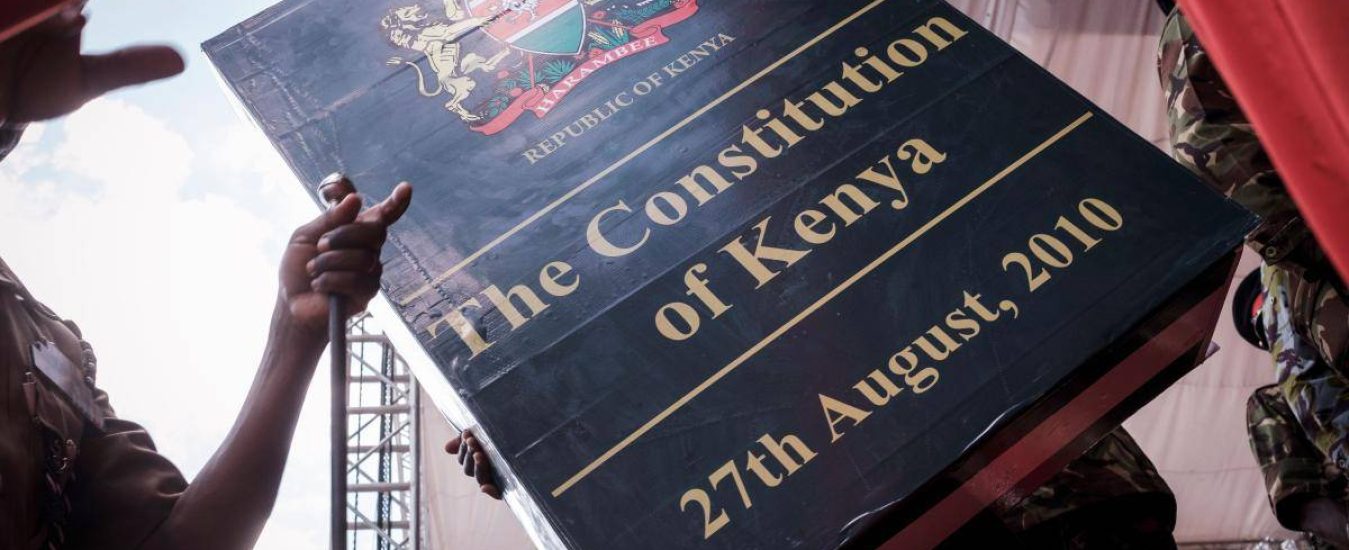By Sarah Nyakio
Thirteen years have passed since the Kenyan constitution was promulgated, signifying a significant juncture to assess both achievements and shortcomings in the realm of human rights, particularly concerning police brutality. While commendable efforts have been made to redefine the National Police Service’s (NPS) image and establish oversight mechanisms, instances of police brutality continue to cast a shadow, and the effective implementation of crucial legislation remains an ongoing struggle. This article takes a closer look at the journey of human rights in Kenya, examining the issue of police brutality, the roles of oversight bodies, and the obstacles that hinder the pursuit of justice and accountability.
Over the years, Kenya has undertaken notable strides to tackle police brutality and safeguard the rights of its citizens. One of the most pivotal advancements has been the rebranding of the NPS, a deliberate move aimed at transforming its identity from that of a stern enforcer of authority to that of a guardian of the people. This shift in perception seeks to foster a more community-oriented and accountable approach, emphasizing collaboration over coercion. Complementing this transformation, the establishment of the Independent Policing Oversight Authority (IPOA) stands as a milestone in ensuring oversight and accountability within the police force. IPOA’s role in independently investigating complaints against the police serves as a mechanism to hold law enforcement accountable for their actions.
At the forefront of advocating for justice and accountability, the Independent Medico-Legal Unit (IMLU) has played a vital role in shedding light on the pervasive issue of police brutality through comprehensive reports. IMLU’s meticulous documentation has highlighted alarming trends of excessive use of force, extrajudicial killings, and instances of torture perpetrated by law enforcement agencies. Our work has been instrumental in raising awareness and spurring discussions around human rights violations, propelling the urgency for systemic reform.
Despite these strides, significant challenges remain on the path to protecting human rights and establishing a culture of accountability. A prominent hurdle is the inadequate implementation of pivotal legislation, such as the National Coroners Service Act and the Prevention of Torture Act. The former, designed to facilitate the investigation of deaths that occur in police custody, has not been effectively utilized. The absence of its practical application impedes efforts to unearth the truth behind custodial deaths, denying justice to victims and their families and allowing perpetrators to evade responsibility.
Similarly, the Prevention of Torture Act was enacted to explicitly prohibit and prevent torture and other forms of cruel and degrading treatment. However, to date, the act has not been implemented and cases of torture continue to skyrocket, in 2022, we documented 255 cases of torture and related violations.
One of the most pressing concerns is the often prolonged judicial process for cases involving police brutality. While efforts have been made to streamline legal procedures, cases related to police violence often face extended delays within the judicial system. Such delays not only deny justice to victims and their families but also erode public trust in the efficacy of the legal system to hold law enforcement accountable.
IMLU’s reports consistently underscore the challenges in achieving justice for victims of police brutality. Lengthy investigations, inadequate evidence, and at times, intimidation of witnesses all contribute to the prolonged legal proceedings. This situation perpetuates the sense of impunity among perpetrators, further damaging public faith in the system.
As we commemorate the 13th anniversary of the constitution, we find ourselves at a crossroads between the progress made and the enduring challenges in upholding human rights, particularly within law enforcement. The transformation of the NPS’s image and the establishment of IPOA are certainly pivotal achievements, yet the persistence of police brutality incidents and the obstacles hindering the implementation of essential legislation underscore the ongoing journey towards justice and accountability.
IMLU’s unwavering commitment to documenting cases and advocating for reform remains indispensable. Our work serves as a poignant reminder of the pressing need to address these challenges and strive for a future where human rights are inviolable, justice is swift, and accountability is unwavering. Only through persistent effort and collective dedication can Kenya fully dispel the shadows of police brutality and ensure the full realization of its constitution’s promises.

